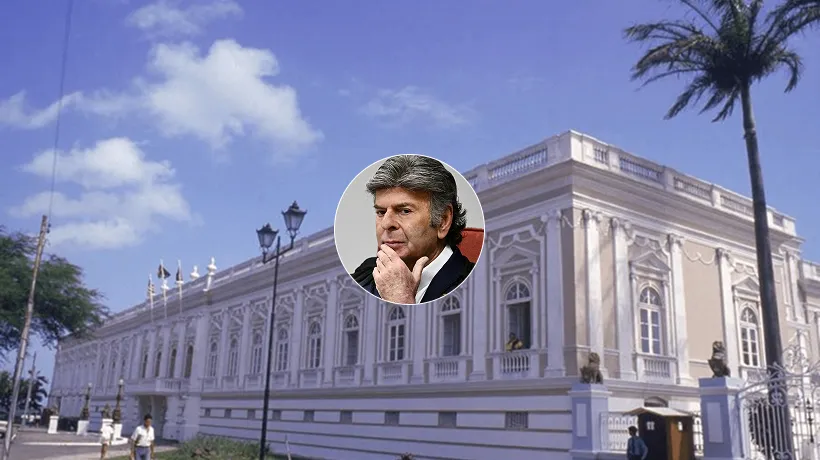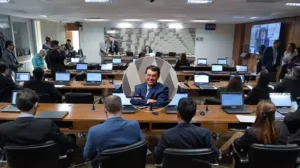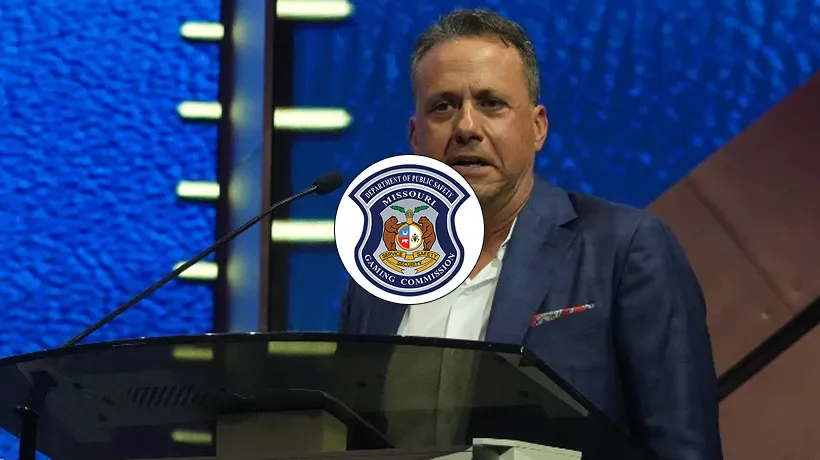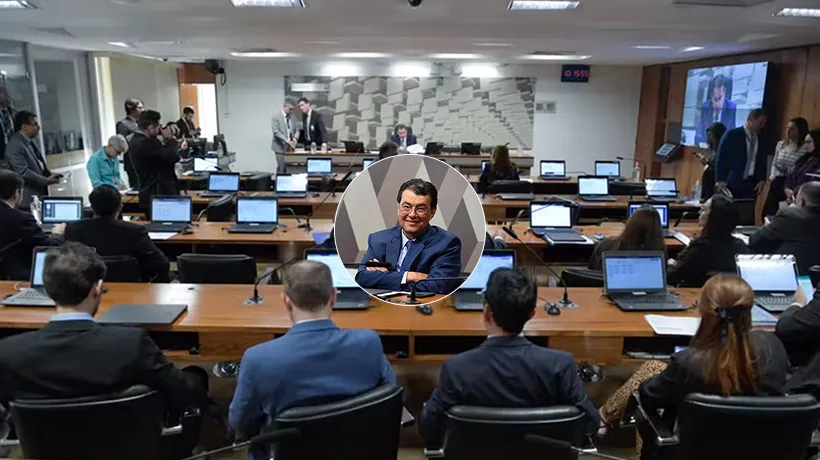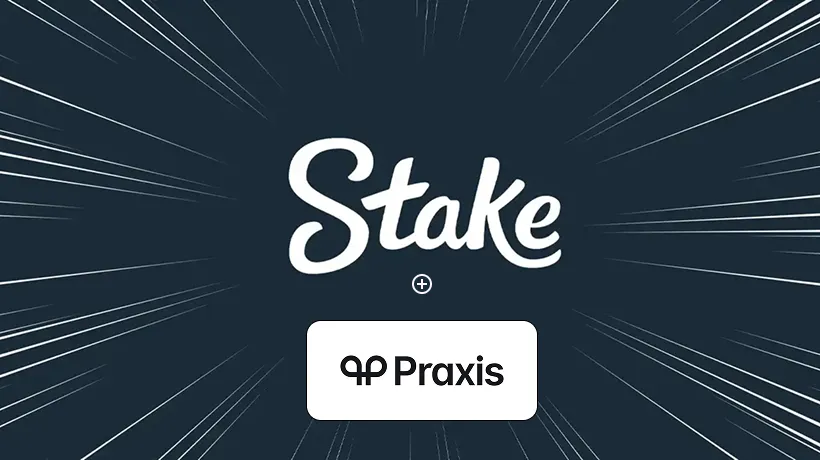Maranhão’s government just filed paperwork to join a Supreme Court case about Brazil’s sports betting law. The state’s Attorney General wants in as amicus curiae, basically a friend of the court who can argue their position.
They’re not the only ones with strong opinions. The National Confederation of Commerce and the Attorney General’s Office already filed lawsuits challenging whether the federal betting law is even constitutional. Justice Luiz Fux is handling the case.
But Maranhão isn’t trying to tear down the law. They want to defend it.
Why Maranhão Backs Regulated Betting
The state makes a straightforward economic argument in its filing. Regulated betting creates jobs across tech, marketing and customer support. Tax revenue flows to federal, state and city governments. Companies formalise their employment practices.
“A regulated activity generates substantial tax revenue for the Union, States and Municipalities,” Maranhão’s petition states.
There’s also a self-interest angle here. Maranhão runs Lotema, its own state lottery. If the Supreme Court strikes down the national framework, Lotema could face legal trouble too.
The state insists it followed proper procedures. “All studies and procedures for implementing the Maranhão State Lottery were carried out with strict criteria,” according to government statements.
They also argue the law creates a “secure and controlled gaming environment” with rules on responsible gambling and debt prevention.
What’s Happening at City Level
While Maranhão fights in court, cities in Ceará state are doing their own thing. Aratuba just launched a tender to hire someone to run its betting platform. That’s not an outlier, at least nine other Ceará municipalities approved similar plans.
And it’s not just Ceará. More than 70 Brazilian cities have authorised local lottery projects across the country.
Federal authorities call these initiatives irregular. But cities keep moving forward anyway.
The disconnect between what cities are doing and what federal regulators want is pretty stark. There’s no unified approach emerging yet.
How This Split Creates Uncertainty
Brazil now has three different betting conversations happening at once. Federal law exists (maybe). States defend it in court while protecting their own lotteries. Cities ignore the whole debate and launch local projects.
Operators face a confusing picture. Do they follow federal rules? Work with state lotteries? Partner with municipalities?
The Supreme Court decision will matter most. If Justice Fux’s ruling goes against the federal law, it undermines everything Maranhão is defending. State lotteries lose their legal foundation.
But if the Court upholds the law, those 70-plus city projects become even more problematic. Federal regulators would have clearer authority to shut them down.
Either way, Brazil’s betting sector won’t get clarity until the Supreme Court acts. And that timeline remains uncertain.

